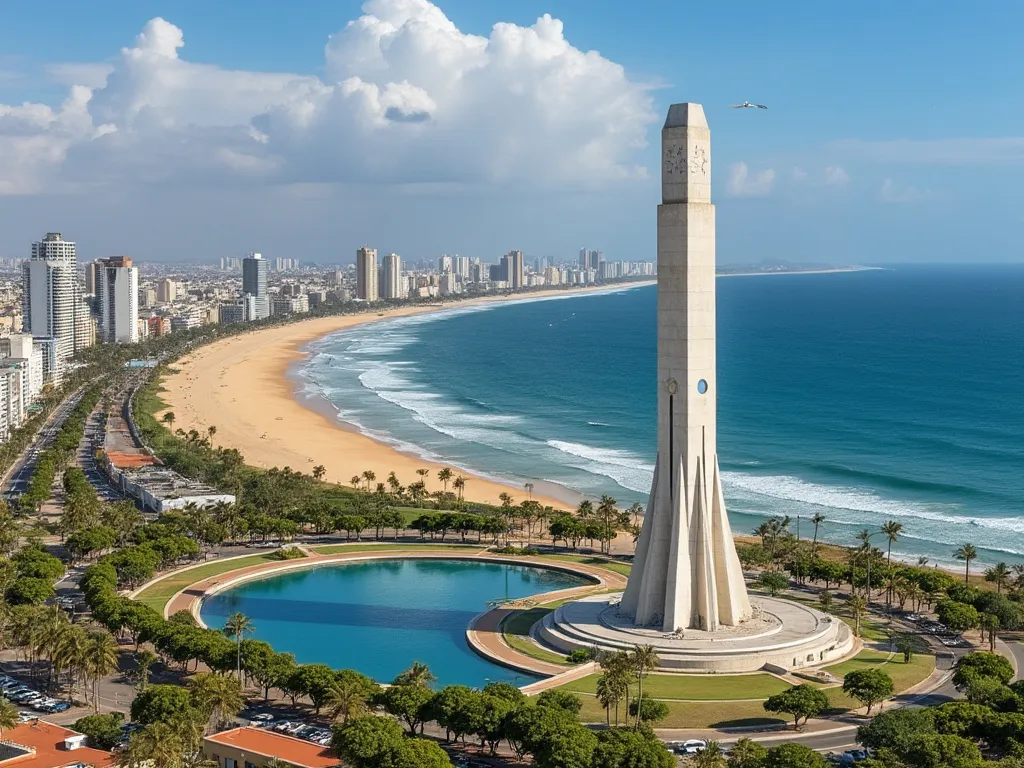
Dakar, the capital city of Senegal, is a vibrant and bustling metropolis located on the Cap-Vert peninsula. With a rich history, diverse culture, and stunning natural beauty, Dakar is a popular destination for tourists and business travelers alike.
Dakar Information
| Country | 🇸🇳 Senegal |
| Population | 1,056,009 (2020 estimate) |
| Coordinates | 14.73°N 17.38°W |
| Area | 82.38 km² (31.81 sq mi) |
| Climate | Tropical savanna climate |
| Language | Wolof, French |
| Currency | West African CFA franc |
| Time zone | GMT (UTC+0) |
| Proximity to other major cities | 245 km (152 mi) from Saint-Louis, 570 km (354 mi) from Bamako |
Interesting Facts About Dakar
- Dakar is home to the prestigious Dakar Rally, one of the most famous motor rallies in the world.
- The city is home to the African Renaissance Monument, a 49-meter-tall statue that celebrates African culture and heritage.
- Dakar has a thriving music scene, with popular genres such as mbalax (a fusion of traditional Wolof music and Western influences).
Tourist Attractions in Dakar
- Île de Gorée: a historic island off the coast of Dakar, known for its role in the transatlantic slave trade.
- Musée des Civilisations Noires: a museum showcasing the art, history, and culture of black civilizations.
- Marché Kermel: a bustling market selling everything from traditional crafts to fresh produce.
Historical Background of Dakar
Dakar has a long and storied history, dating back to the 15th century when it was a small fishing village. The city was colonized by the French in the 19th century and became a major port city, playing a significant role in the transatlantic slave trade. After Senegal gained independence in 1960, Dakar became the country's capital and has since undergone significant development and modernization.
Geographical Location of Dakar
Dakar is situated on the Cap-Vert peninsula, which juts out into the Atlantic Ocean. The city is surrounded by stunning natural beauty, with rugged coastline, sandy beaches, and scenic cliffs. The city's geography has played a significant role in its development, with the port of Dakar being one of the busiest in West Africa.
Cultural Significance of Dakar
Dakar is a city with a rich cultural heritage, reflecting the diverse influences of its history. The city is home to a vibrant arts scene, with numerous galleries, museums, and festivals throughout the year. The city's cuisine is also a reflection of its cultural diversity, with popular dishes such as thieboudienne (a hearty fish and rice dish) and mafé (a rich meat stew).
Economic Importance of Dakar
Dakar is the economic hub of Senegal, with a diverse economy that includes industries such as fishing, manufacturing, and tourism. The city is home to numerous international organizations and businesses, including the African Development Bank and the West African Monetary Union.
Conclusion on Dakar
Dakar is a vibrant and fascinating city that offers a unique blend of African culture, stunning natural beauty, and economic importance. Whether you're interested in history, culture, or simply want to experience the energy of a bustling African city, Dakar is a destination that is sure to captivate and inspire.
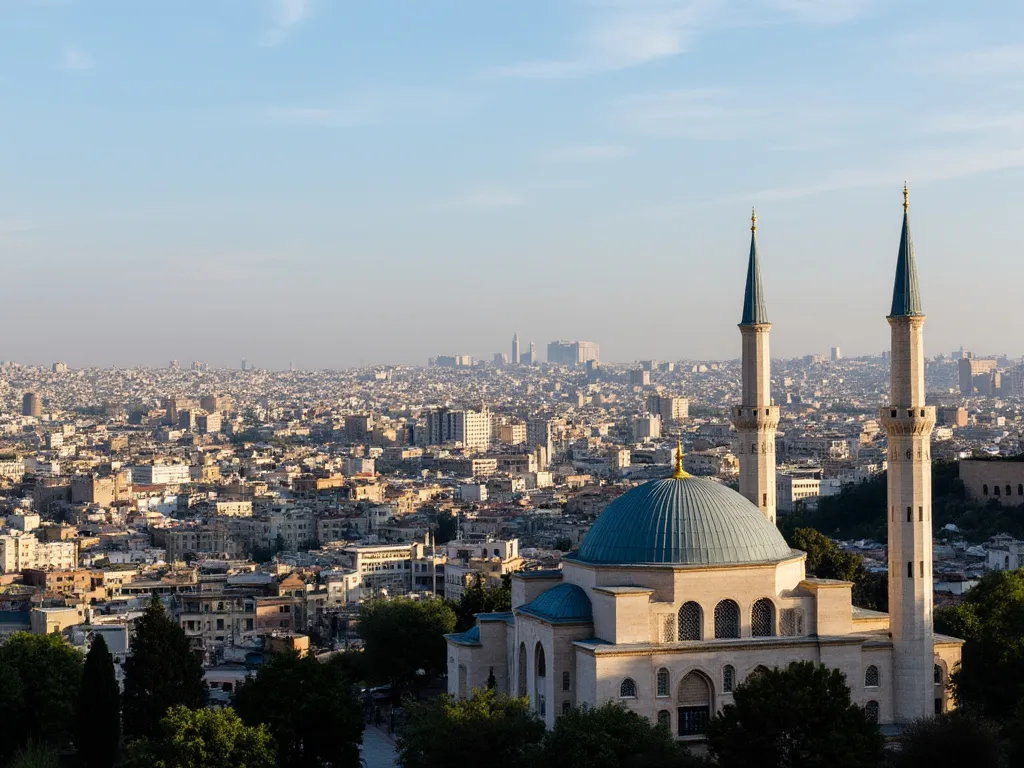 Damascus
Damascus
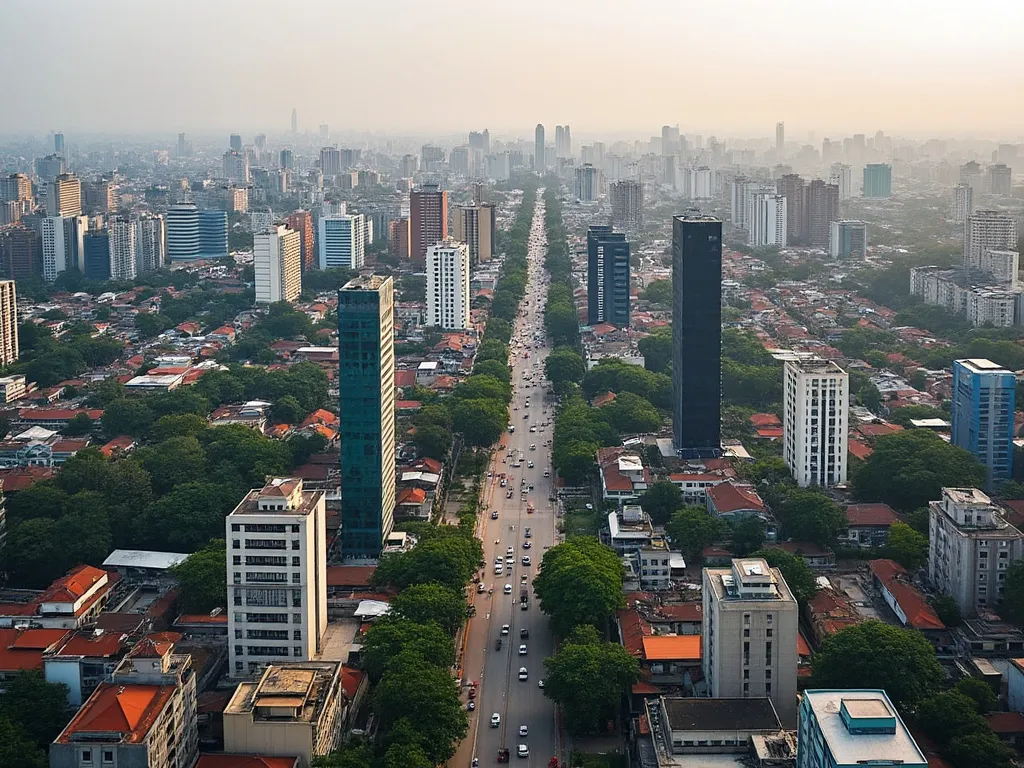 Dhaka
Dhaka
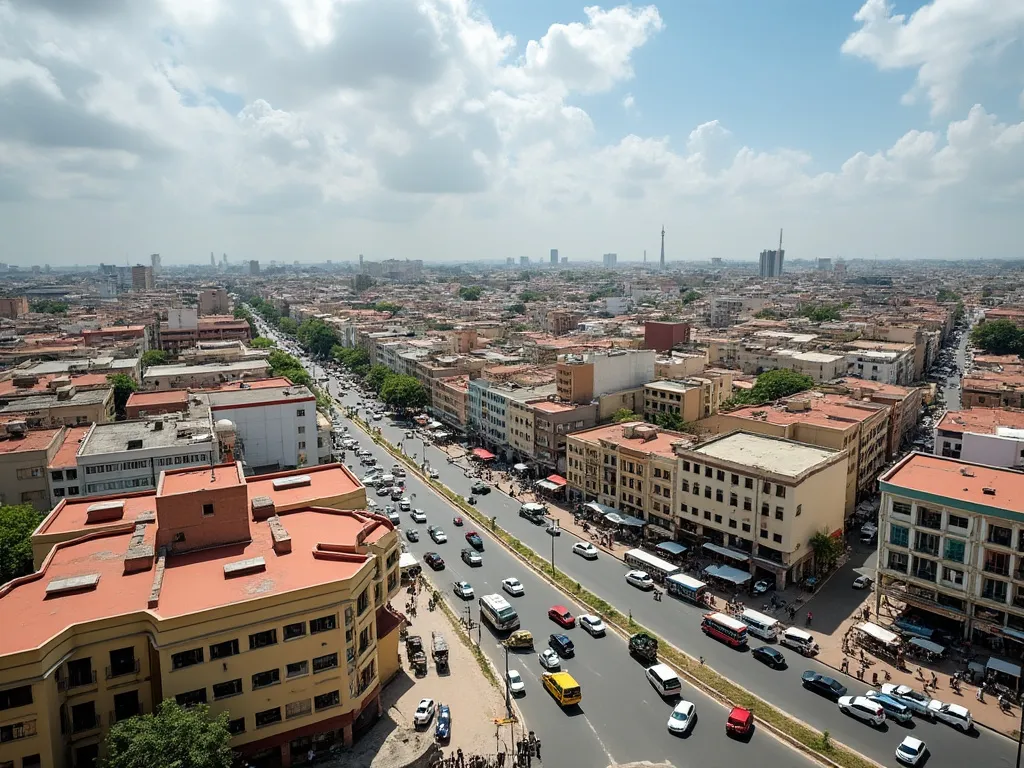 Conakry
Conakry
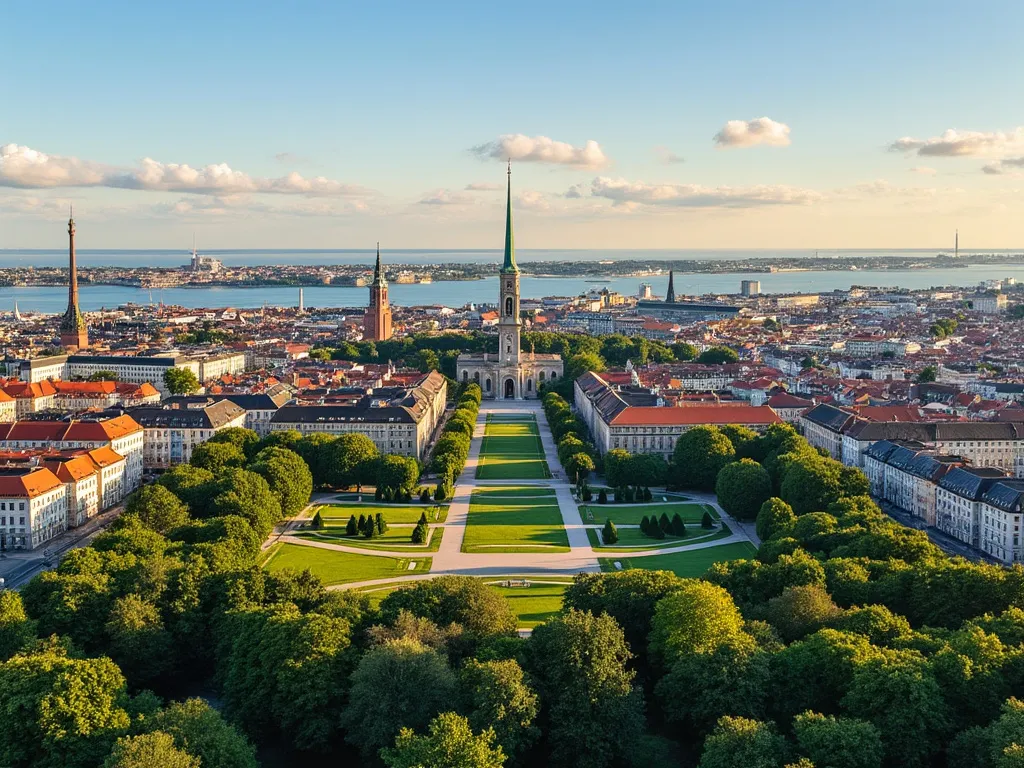 Copenhagen
Copenhagen